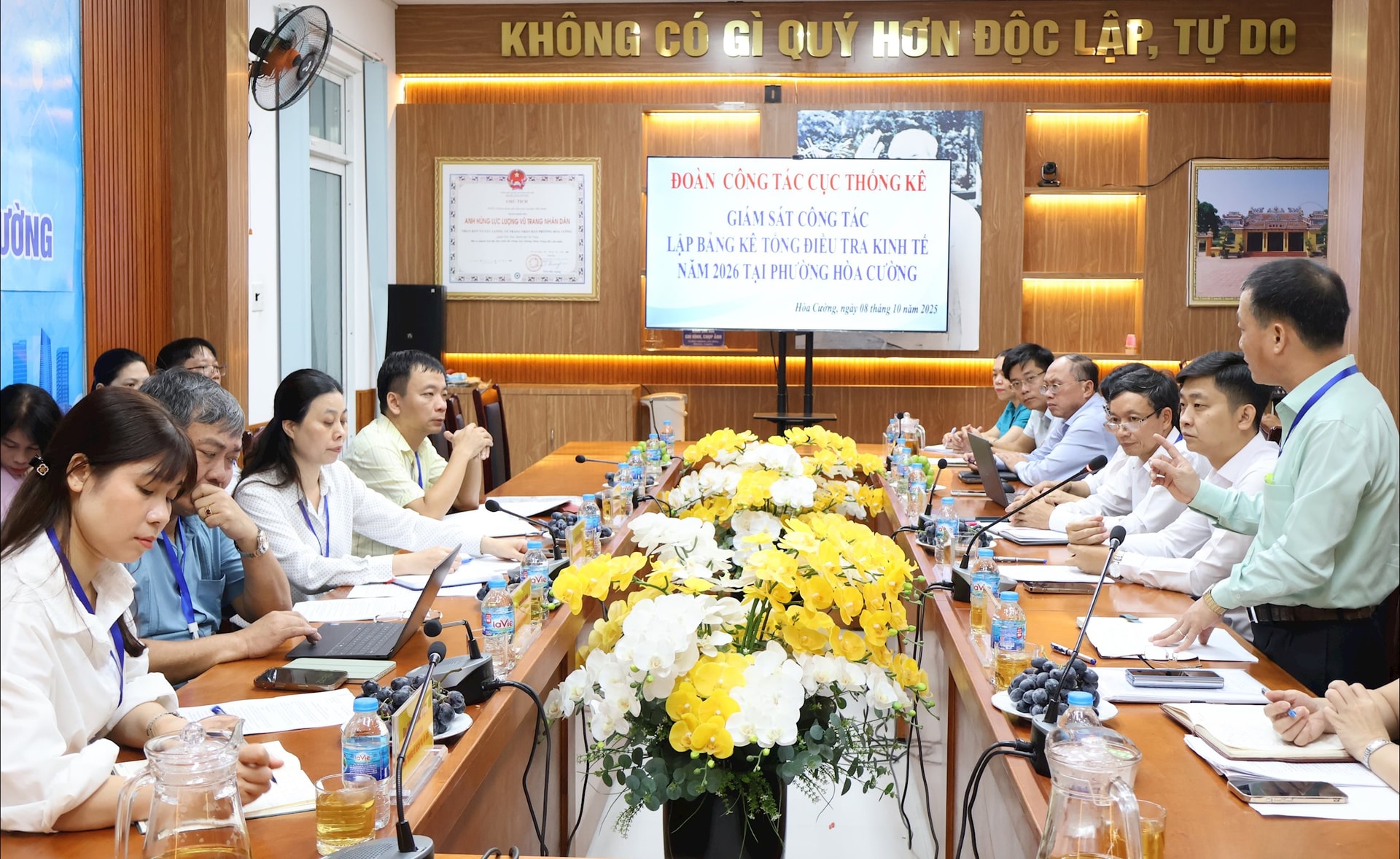
At the meeting, Danang Statistics reported that it had instructed the People's Committees at the commune level to compile a list of villages and residential groups of 93 wards and communes with 4,151 villages/residential groups, divided into 4,351 localities. Of which, 3,218 localities belong to wards and 1,133 localities belong to communes.
The total number of investigators mobilized and recruited to conduct the survey phase of individual production and business establishments in the city is 1,369 people. Of which, the ward area has 766 people, on average 1 person collects information for 5-6 areas, an average of 150 establishments/area; the commune area has 603 people, on average each person is in charge of 1-2 areas, an average of 118 establishments/area.
Since October 1, 2025 - the time of the simultaneous launch to compile the census list - the whole city has collected information on nearly 20,500 production and business establishments.
Danang Statistics organized 1 city-level training course and 28 grassroots training courses for grassroots supervisors, representatives of commune-level People's Committees, and information collectors of questionnaires, in accordance with the instructions of the General Statistics Office.
Opinions at the working session raised current problems such as: time to compile the list of villages and residential groups, division of areas and the recruitment of people to compile the list has not met the requirements; telecommunications infrastructure and unfavorable weather have caused difficulties in collecting information. Thereby, exchanging to orient solutions to remove obstacles and effectively implement the task of the General Economic Census in the coming time.
Concluding the working session, Deputy Director of the General Statistics Office Do Thi Ngoc requested that Da Nang Statistics continue to monitor the progress of the investigation, urge grassroots statistics to implement on schedule, and ensure the quantity and quality of survey data.
Strengthen direct and online supervision and inspection at city and grassroots levels to promptly correct errors; guide the review and update of the list of investigation units such as: religious establishments, belief groups, cooperatives, non-public career units, and associations.
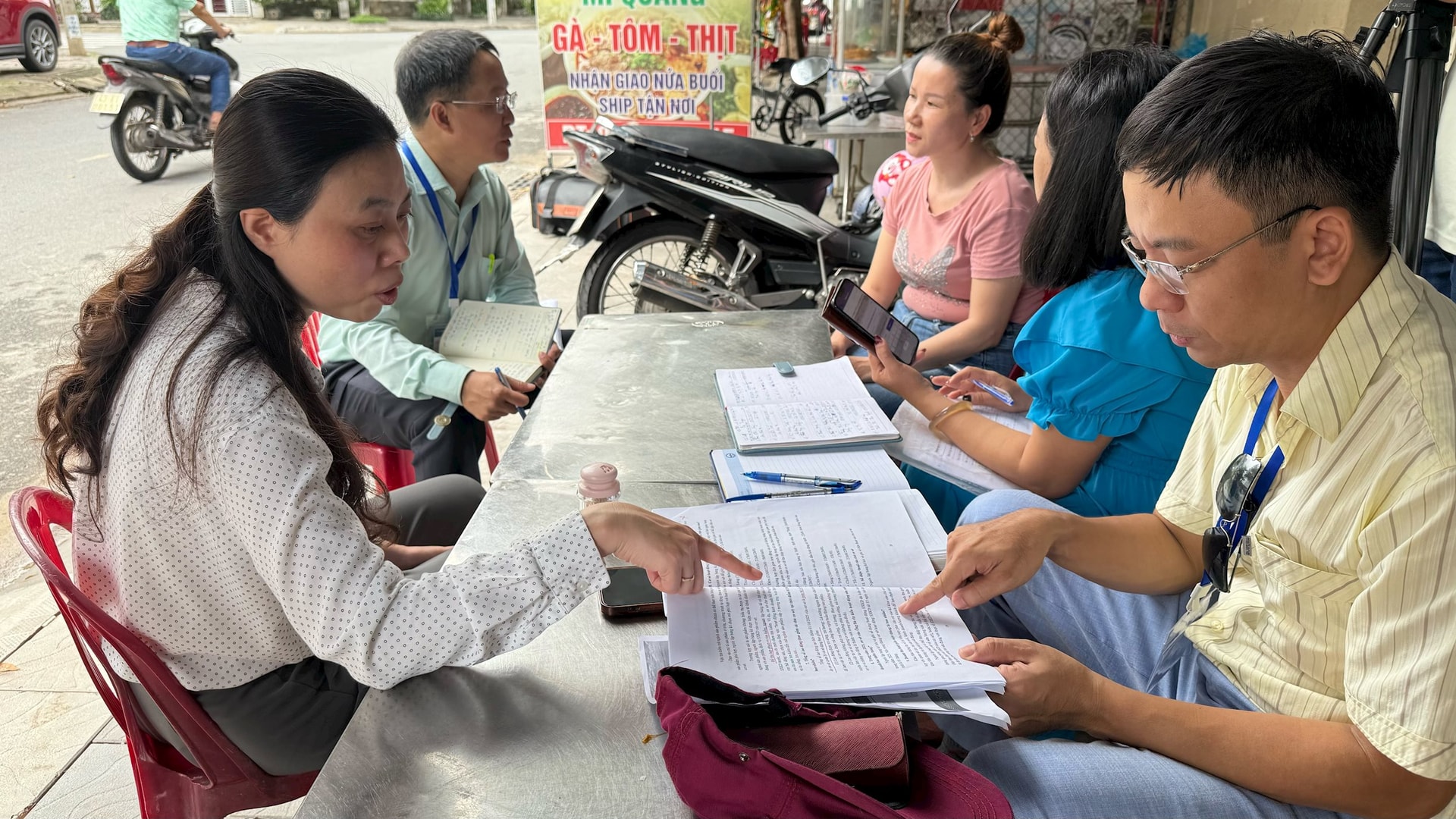
The 2026 national economic census is a census that collects information on production and business units to assess the current situation and trends of the country's socio-economic development.
The results of the survey will serve as a basis for assessing the situation and formulating plans and policies for socio-economic development of the Party and the State. The preliminary results of the census are expected to be announced in January 2027 and the official results in the third quarter of 2027.
Information collection period in 2 phases: Phase 1 (from January 5, 2026 to March 31, 2026), collects information from investigation units which are individual non-agricultural, forestry and fishery production and business establishments; cooperatives; religious and belief establishments.
Phase 2 (from April 1, 2026 to August 31, 2026), collect information on enterprises; non-public service units; associations; production and business establishments under administrative agencies, public service units; branches and representative offices of foreign enterprises and non- governmental organizations licensed to operate in Vietnam.
Source: https://baodanang.vn/day-nhanh-tien-do-chuan-bi-tong-dieu-tra-kinh-te-nam-2026-3305757.html








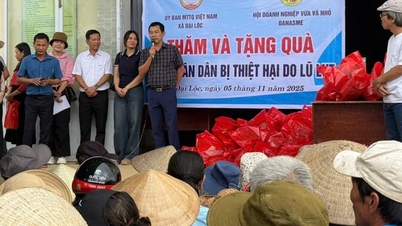

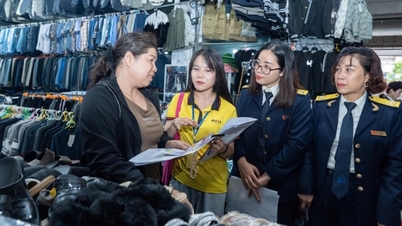

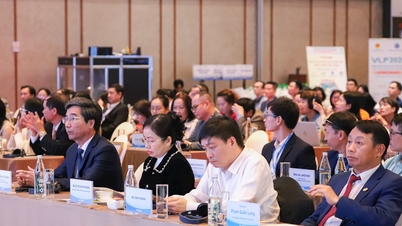
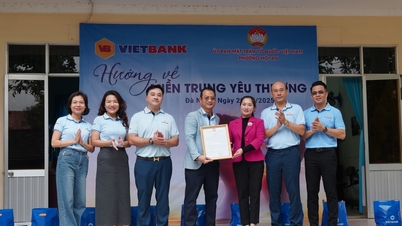
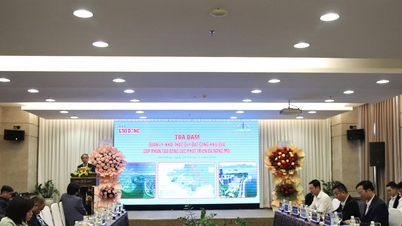







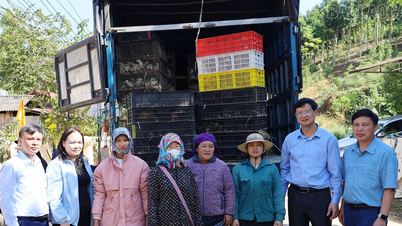
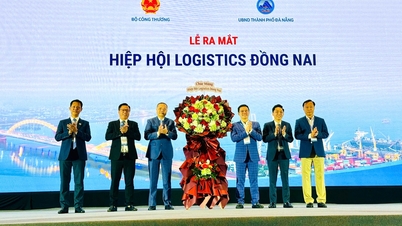





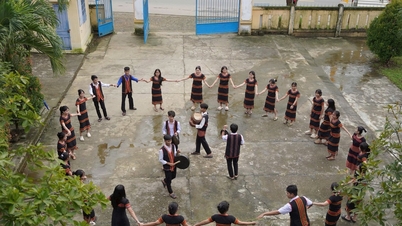
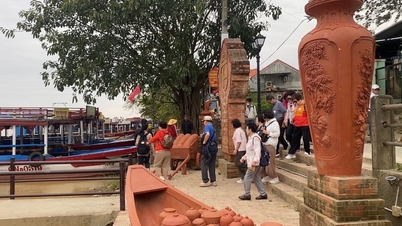

























































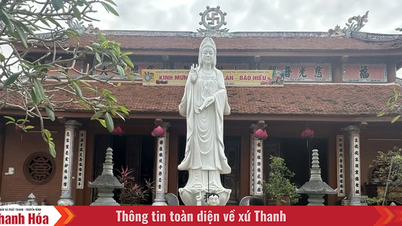

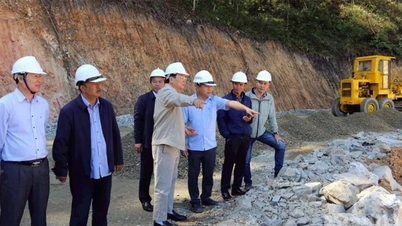

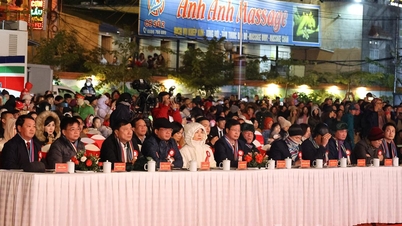



















Comment (0)